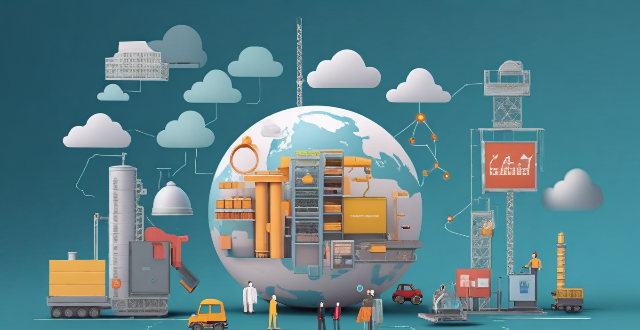Huawei is facing numerous challenges in its global rollout of 5G base stations, including geopolitical tensions, supply chain disruptions, competitive pressures, technical standardization, regulatory requirements, infrastructure and logistics issues, and public perception concerns. These obstacles require Huawei to adapt strategically to evolving political, technological, and market conditions to maintain its position as a leading provider of 5G infrastructure.

Huawei's Global 5G Rollout Challenges
Geopolitical Tensions
- Trade Restrictions: Huawei has been impacted by trade bans and restrictions imposed by certain countries, notably the United States. These measures limit the company's ability to source critical components for its 5G equipment and can impede its ability to operate in certain markets.
- Security Concerns: Some governments have raised national security concerns about allowing Huawei to build their 5G networks. Allegations of data espionage and potential backdoors in their equipment have led to scrutiny and outright bans in several countries.
- Allied Pressure: The U.S. has also pressured its allies to exclude Huawei from their 5G infrastructure projects, citing security risks. This diplomatic influence adds another layer of complexity to Huawei's global expansion efforts.
Supply Chain Disruptions
- Component Availability: Due to the aforementioned trade restrictions, Huawei faces challenges in securing a stable supply of advanced semiconductors and other crucial electronic components needed for 5G base stations.
- Manufacturing Capabilities: As a result of these disruptions, Huawei may need to adjust its manufacturing strategies, potentially leading to increased production costs or delays in meeting global demand for 5G equipment.
Competitive Marketplace
- Rising Competition: Other telecommunications equipment providers, such as Ericsson and Nokia, are aggressively competing in the global market for 5G infrastructure. They too are vying for contracts with telecom operators around the world.
- Pricing Pressures: In an effort to secure more business, competitors may drive down prices, which puts pressure on Huawei to maintain competitive pricing while ensuring quality and innovation in its products.
Technical Standardization and Compatibility
- Standards Evolution: 5G standards continue to evolve, and staying aligned with these developments requires significant research and development investments from Huawei.
- Interoperability Issues: Ensuring that their equipment is compatible with existing 4G networks and can seamlessly integrate with evolving 5G standards worldwide is another technical challenge.
Regulatory Requirements and Approvals
- Licensing Hurdles: Different countries have varying regulatory frameworks for the deployment of telecommunications networks. Navigating these regulations and obtaining necessary licenses can be time-consuming and complex.
- Spectrum Allocation: There's also the matter of acquiring the appropriate spectrum rights for 5G services, which is managed differently across regions and can involve costly auctions or allocation processes.
Infrastructure and Logistics
- Physical Infrastructure: Building out the physical infrastructure needed to support 5G networks—such as towers, antennas, and fiber optic cabling—presents logistical challenges, especially in less developed regions.
- Local Partnerships: Successfully establishing local partnerships and collaborations with construction firms, tower companies, and utilities is crucial for efficiently deploying 5G base stations in various countries.
Public Perception and Trust
- Brand Image: Given the aforementioned security concerns, rebuilding trust with consumers and telecom partners is essential for Huawei. This involves addressing any misconceptions and assuaging fears about the safety and reliability of their technology.
Huawei's journey in rolling out 5G base stations globally is fraught with challenges ranging from geopolitical tensions to technical standardization issues. Overcoming these hurdles requires not only resilience but also strategic adaptation to changing political landscapes, technological advancements, and market dynamics.